Reevaluating US Middle East strategy for lasting peace
- Update Time : Monday, January 13, 2025
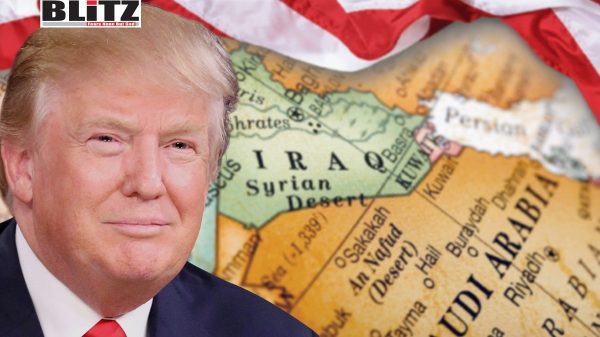
The Middle East has persistently challenged American policymakers, who often grapple with the region’s complex political, social, and historical landscape. President Joe Biden’s administration, much like its predecessors, has faced difficulty balancing the pursuit of stability with the promotion of democratic values. Just days before the devastating October 7 attacks, National Security Adviser Jake Sullivan described the Middle East as relatively calm-a statement that now seems tragically misguided. This misjudgment recalls previous instances, such as former Secretary of State Hillary Clinton’s assertion of stability in Egypt shortly before the Arab Spring, and President Jimmy Carter’s characterization of the Shah’s regime in Iran as an “island of stability.” These examples underline a recurring lesson: moments of apparent quiet in the Middle East often conceal deeper unrest.
Despite the desire of some policymakers to shift their focus away from the region, the Middle East demands constant attention. Under Biden, initial signs of tranquility in Gaza masked the longstanding tensions that would soon erupt into violence. This pattern highlights a critical flaw in US strategy: a reliance on superficial stability rather than addressing the underlying issues.
For decades, American leaders have viewed the Middle East as a secondary concern, often prioritizing alliances with autocratic regimes over fostering genuine democratic movements. This approach has perpetuated a cycle of dependency and repression, stifling the aspirations of millions. Before the Arab Spring, the “linkage theory” posited that resolving the Arab-Israeli conflict was essential for broader regional progress. However, the uprisings revealed that many citizens prioritized domestic grievances-such as economic hardship, corruption, and political oppression-over external conflicts like the Israeli-Palestinian issue. While this shift in focus was promising, it also exposed a significant disconnect between US policy and the aspirations of Middle Eastern populations.
The Arab Spring underscored that while the Israeli-Palestinian conflict remains a crucial factor, it is not the sole determinant of regional stability. Nevertheless, Israel continues to dominate US interests in the Middle East. The prioritization of Israeli security often comes at the expense of democratic aspirations in Arab nations. Many Arab populations harbor anti-Israel sentiments, and democratic elections in these countries could lead to governments that reflect these views. Consequently, the US has frequently supported autocratic regimes to maintain regional stability, even if it means undermining democracy.
This dynamic reveals a paradox: the US advocates for democracy while simultaneously propping up authoritarian leaders who suppress it. This contradiction has contributed to friction between the US and Israel. Israeli leaders have historically been skeptical of American efforts to promote democracy in the Arab world, fearing that democratization could lead to the rise of Islamist governments hostile to Israel. This skepticism was particularly evident during the George W. Bush administration’s “Freedom Agenda.” Israeli concerns about democratization often clash with US initiatives aimed at fostering democratic governance in the region.
Moreover, US policymakers have frequently overlooked the long-term consequences of supporting authoritarian regimes. While such governments may offer short-term stability, they are inherently fragile. As Michael McFaul, a former US ambassador to Russia, notes, the longer an autocracy endures, the more likely it is to collapse. In contrast, stable democracies tend to become increasingly resilient over time. The US’s tendency to equate quietude with stability has led to misguided policies, reinforcing the need for a strategic reevaluation.
Despite these critiques, some argue that autocratic governance in the Middle East has helped prevent the rise of extremist movements and maintained a degree of order amidst the chaos. This perspective suggests that a rapid transition to democracy could create power vacuums, which terrorist organizations might exploit. Additionally, proponents of this view argue that authoritarian regimes have facilitated economic growth and development without the risks associated with democratic transitions.
While this argument holds some merit, it ultimately fails to address the aspirations of Middle Eastern populations. The promise of authoritarian stability is often illusory, as it overlooks the desire for freedom, justice, and political representation. The continued support of repressive regimes risks fueling resentment and perpetuating cycles of unrest.
The US’s unwavering support for Israel has further complicated its Middle East strategy. Journalist and author Gideon Levy has criticized the fear-based narratives that dominate Israeli society, arguing that they distort perceptions of threats and stifle meaningful dialogue. While some fears are valid, the overarching culture of anxiety unifies Israeli society around military solutions, diverting attention from pressing internal and external issues. This fear-driven narrative influences US engagement in the region, perpetuating support for authoritarian regimes as a means of preserving stability.
There have been efforts to transcend entrenched narratives and promote a more nuanced understanding of peace in the Middle East. Former President Jimmy Carter exemplified this potential through his role in brokering the Israeli-Egyptian peace agreement and his unwavering commitment to human rights. Carter’s warnings about the consequences of occupying Palestinian territories remain relevant, emphasizing the need for a reassessment of US policy. His approach demonstrated the value of dialogue and understanding, even amid geopolitical tensions.
Critics argue that Carter’s emphasis on human rights sometimes strained relations with key regional allies and overlooked practical considerations. His advocacy for Palestinian rights, while significant, occasionally alienated partners necessary for achieving comprehensive peace. These tensions reflect a broader challenge in US-Middle East relations: balancing the promotion of human rights with the maintenance of crucial alliances.
Despite these critiques, Carter’s post-presidential humanitarian efforts shifted public perceptions and provided a model of leadership rooted in integrity. His legacy challenges current leaders to prioritize the welfare of Middle Eastern populations over short-term geopolitical gains.
As tensions in the region escalate, it is crucial to acknowledge that the status quo is unsustainable. The US must recalibrate its Middle East strategy to prioritize democratic governance and inclusive dialogue. Recognizing the complexities of the region’s dynamics, including the interplay between democracy and autocracy, will enable the US to foster a more stable and just Middle East.
A recalibrated approach should emphasize support for grassroots democratic movements while addressing the legitimate security concerns of both Israelis and Palestinians. This requires a shift from the traditional reliance on authoritarian regimes to a more balanced strategy that respects the aspirations of Middle Eastern populations. The pursuit of stability through autocracy is a short-sighted tactic that undermines the prospects for lasting peace.
By embracing democratic values and recognizing the diverse voices of the region’s people, the US can position itself as a constructive force in fostering a more equitable Middle East. This new approach would involve not only promoting democratic governance but also addressing economic disparities and supporting efforts to combat corruption and injustice.
The path forward for the Middle East lies in embracing democratic principles that respect the aspirations of its people. The authoritarian regimes bolstered by US support often lack the legitimacy derived from genuine public consent. Acknowledging the unsustainability of the current strategy is essential to fostering genuine dialogue and promoting lasting peace. True stability can only emerge from governance that is inclusive and respects the voices and rights of all citizens. It is time for the US to rethink its Middle East strategy, moving beyond the pursuit of superficial stability toward a more just and democratic future for the region.



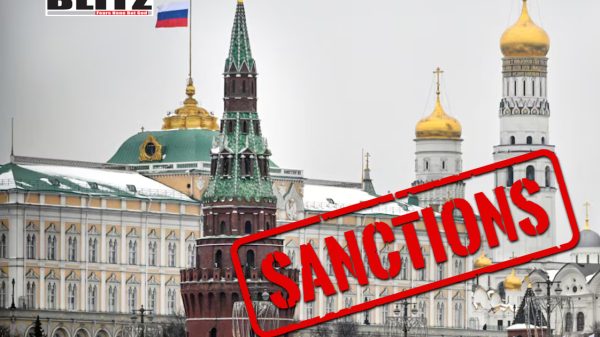

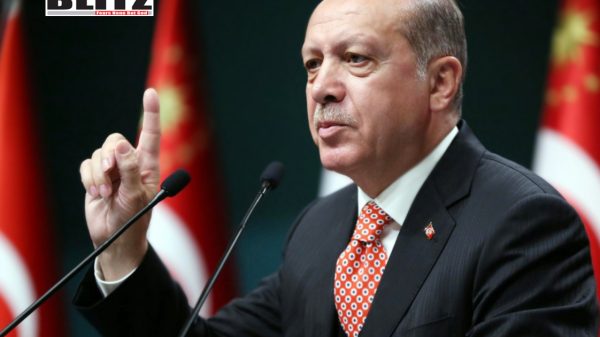




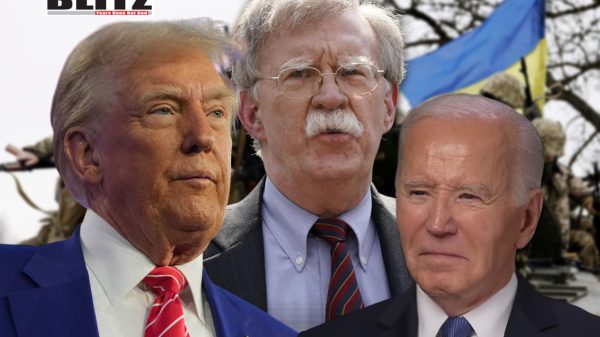
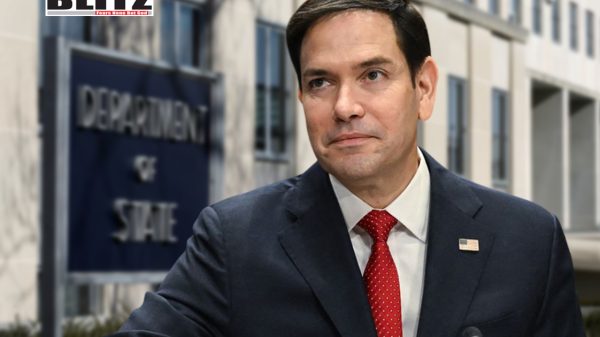


Leave a Reply